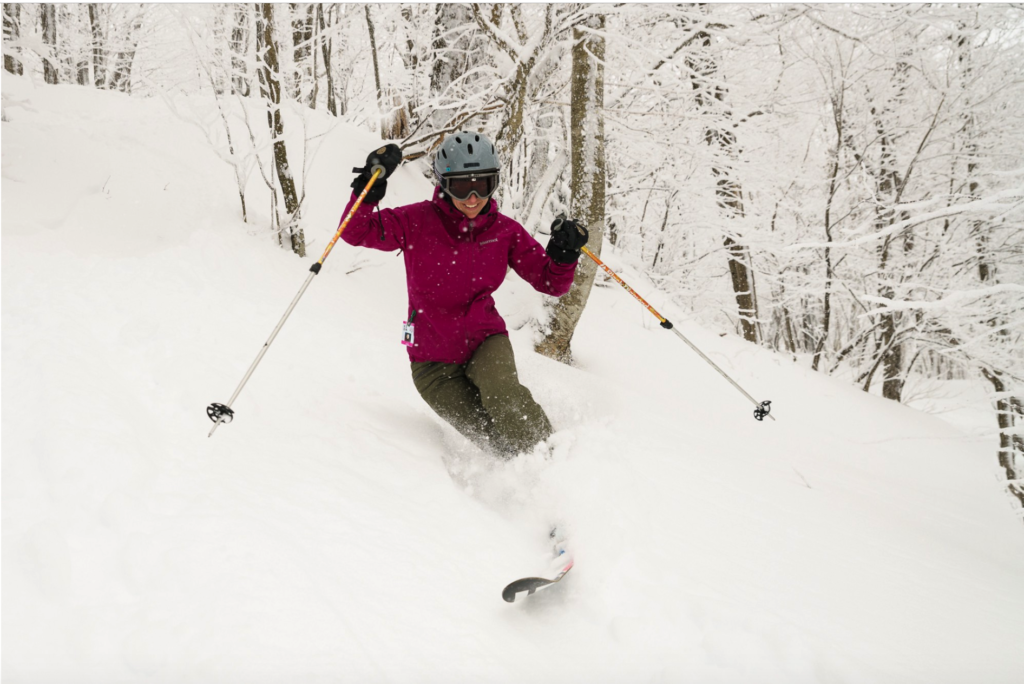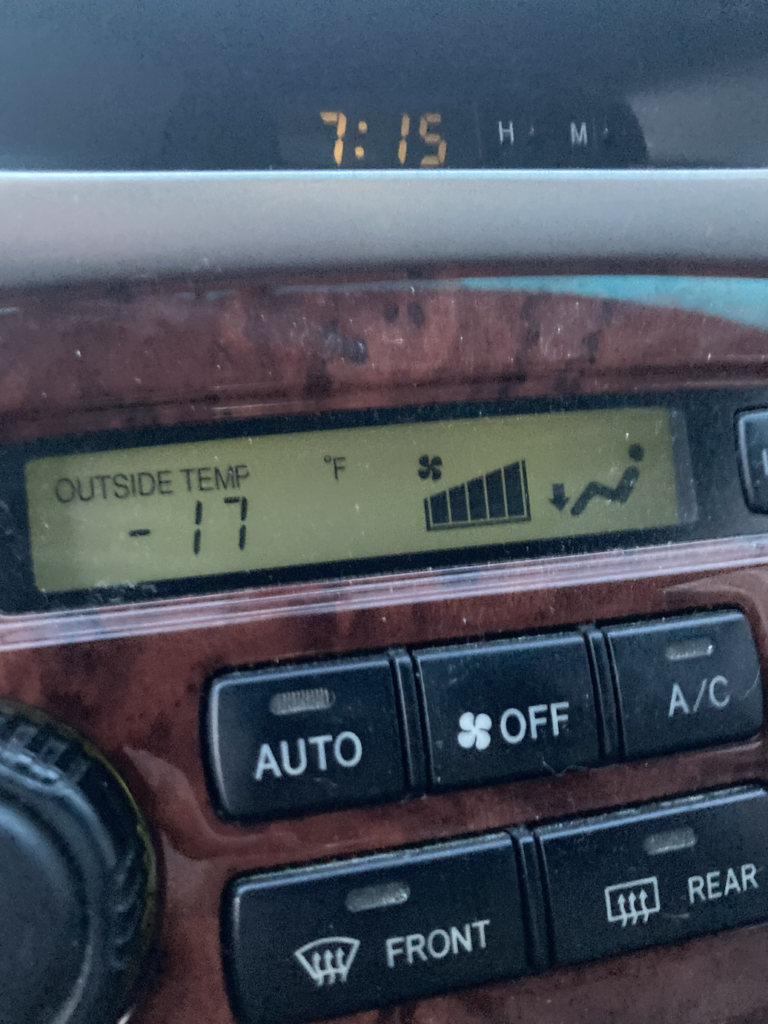
All my thinking and writing has been on a slower program, as we slog through the cold and the phases of this pandemic. Coming back from break and into the new year, at the peak of the Omicron virus was.. something. I finally found the words and wrote about it for Edweek.
The responses to my original tweet that led to that post were heartbreaking and illuminating. I wanted to reach out and hug every single educator who responded, every parent who showed solidarity and support, and all of the health care workers who have dealing with impossible conditions for far too long. I wrote about the emerging themes for We Are Teachers.
Lastly, I read at a fever pitch this deftly reported book on climate change education by Katie Worth. Sometimes it takes a journalist shining a bright light on an issue, going way back, making connections and showing evidence over time, to give us a clear eye on how we got here. I encourage all parents, educators, and concerned citizens (and well, everyone!) to read it too, and think about how we can do better.
But mostly, I hope you are taking care of yourself. Resting. Getting out in nature when you can. Finding pockets of joy and love.

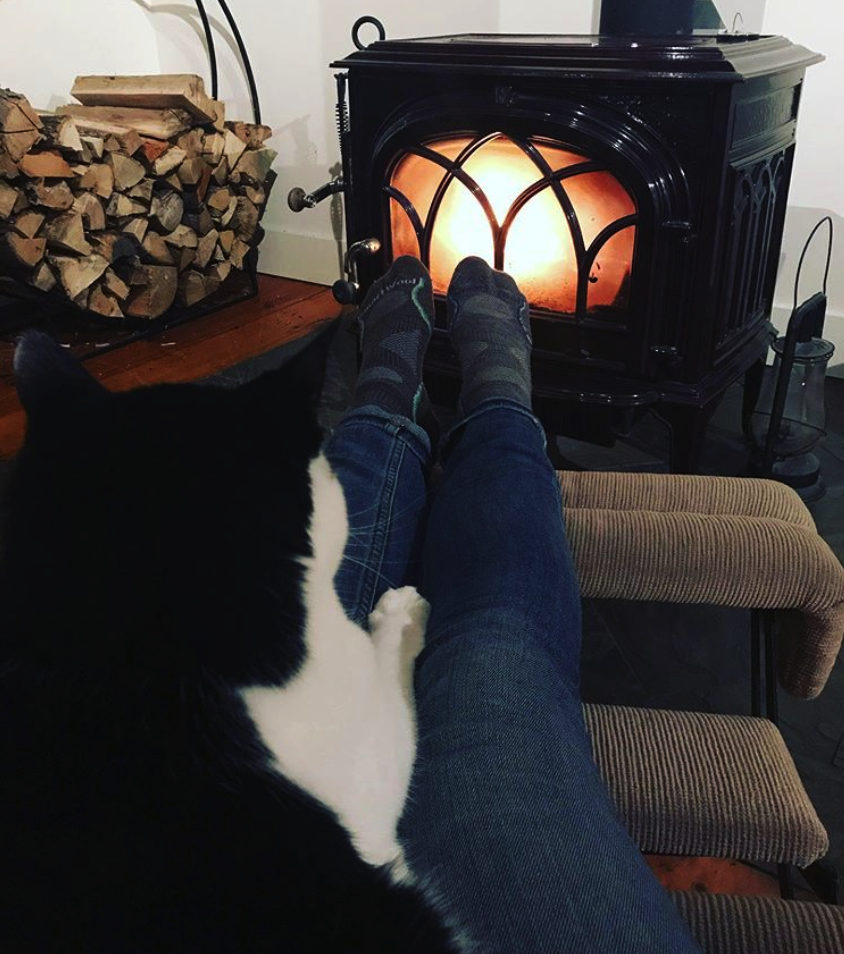
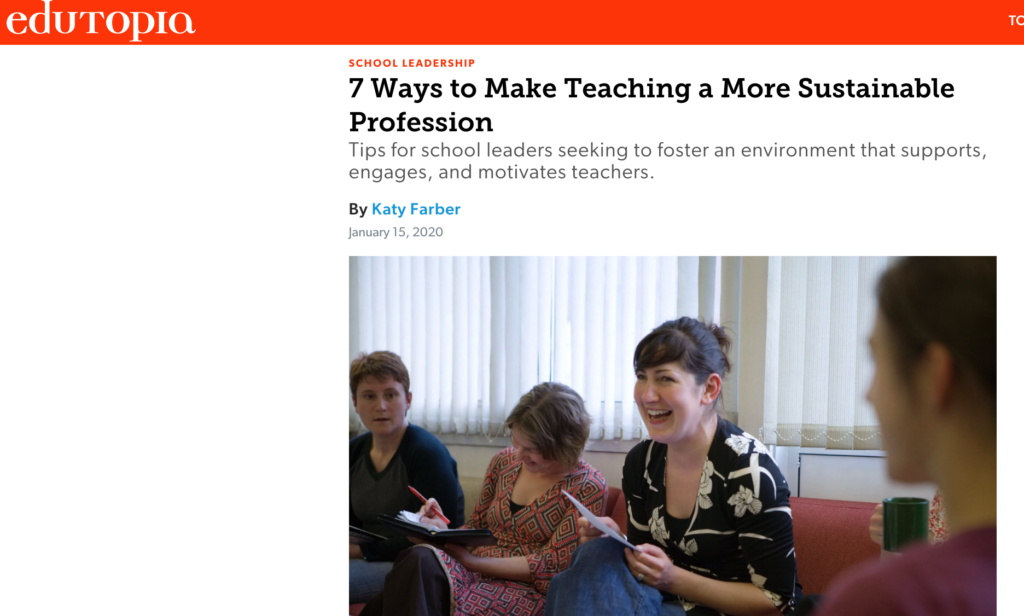
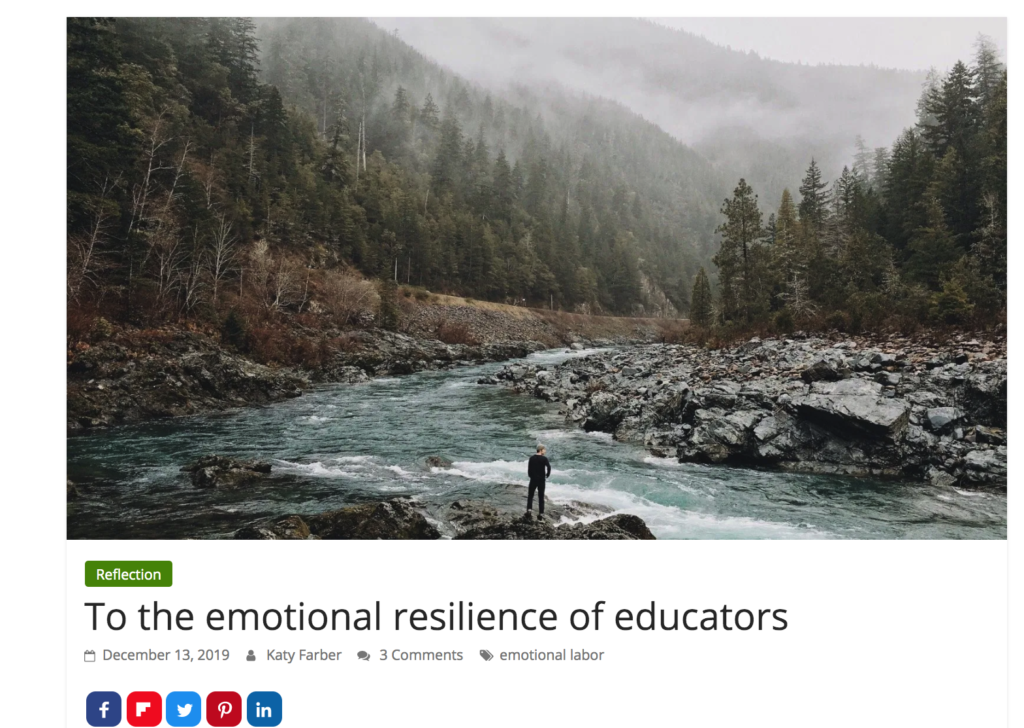
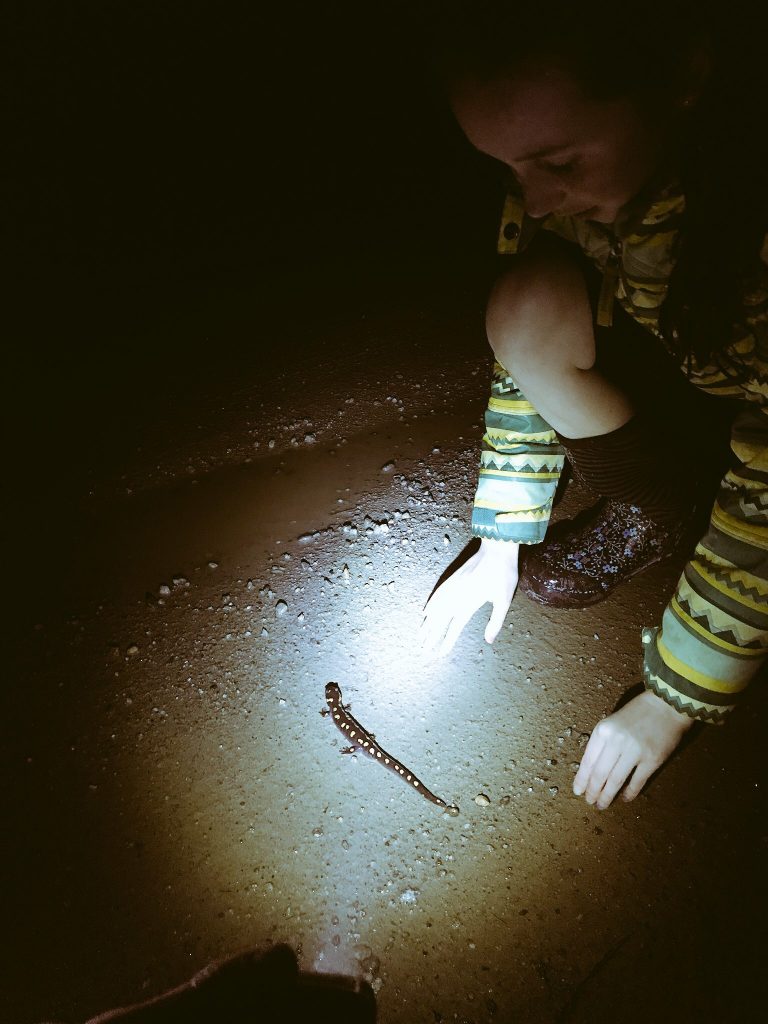
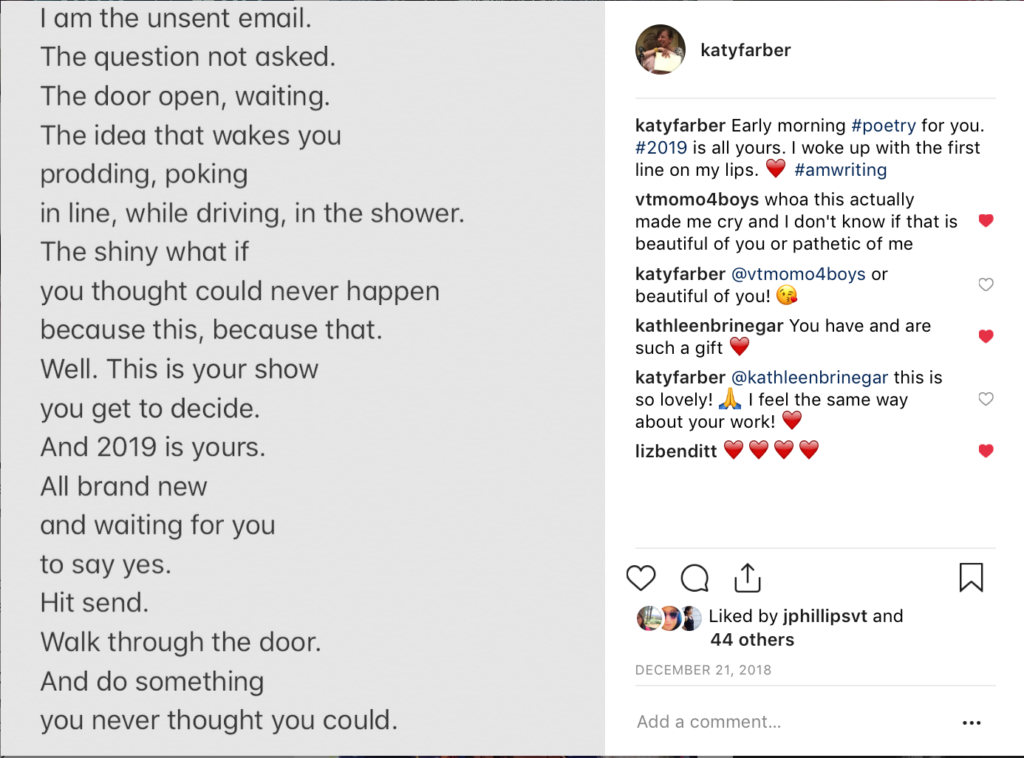
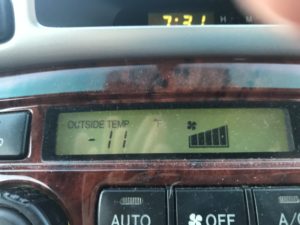 Speaking of snow, here is a post I put up on Thrive Global’s Medium publication, called
Speaking of snow, here is a post I put up on Thrive Global’s Medium publication, called 